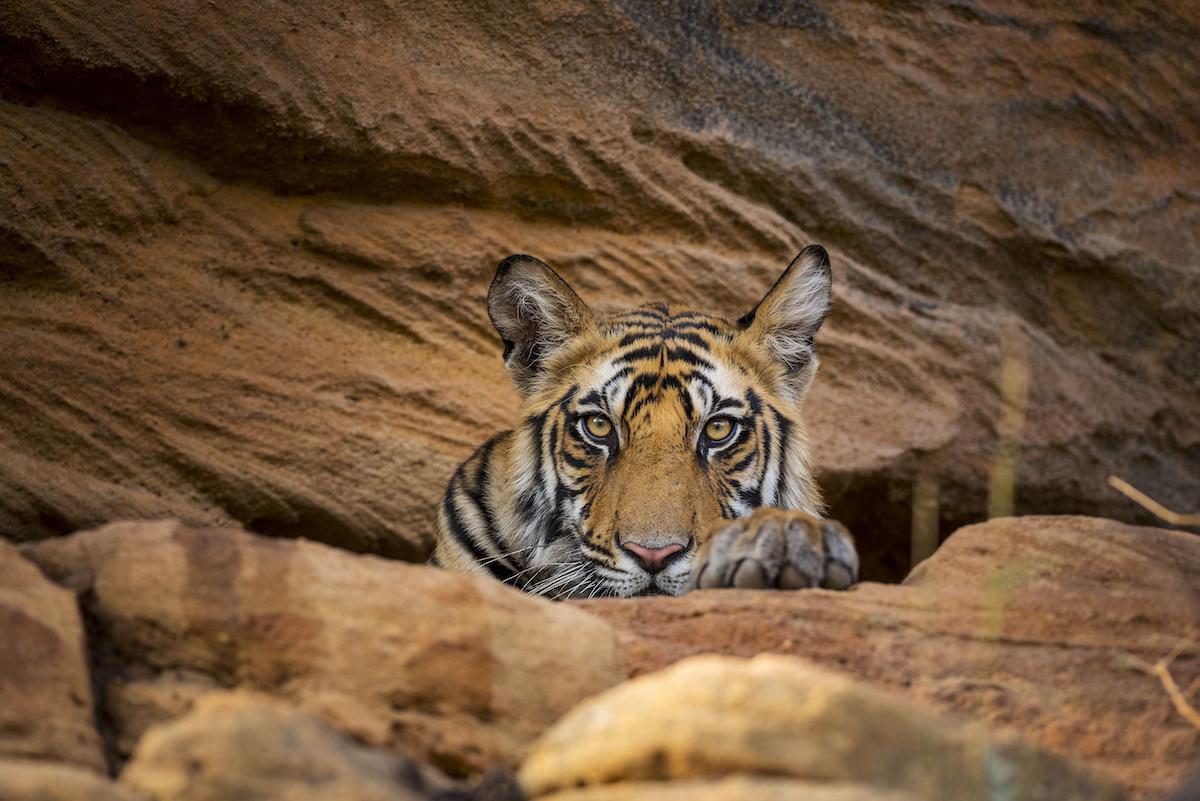Not so long ago, I asked the producer of a prestigious, award-winning series of wildlife programs if he was ever tempted to intervene if he and his camera crew witnessed a tragedy unfolding that they could somehow stop.
It’s the first law of journalism that the reporter must never become part of the story. Objectivity counts for everything. No professional, self-respecting journalist can allow themselves to be seen taking one side over the other.
The wildlife filmmaker faces a similar if not identical dilemma. They’re there to capture nature at its most raw and untouched, and ideally the film crew is meant to be invisible, as if not there at all.
His answer surprised me.
“Yes,” he said.
For the simple reason that, by their mere presence, a camera crew has already intruded on a natural situation. So it’s their responsibility — an obligation, some might say — to help solve a crisis if it was of their making.
This is not a question of semantics. It comes up with wildlife filmmakers all the time. (In this case, I had asked about a nature film I had seen recently, in which a lioness with newborn cubs suddenly moves her litter to a new den she presumes to be safer, despite the presence of a cobra at the den she’s moving into. The producer worried she may have been spooked into moving her cubs to a less safe den by the presence of a camera crew. They had no way of knowing.)
The more prestigious production houses, like BBC’s Natural History Unit — makers of the David Attenborough-narrated Dynasties, Planet Earth and Blue Planet — have a strict code of ethics, which is rooted in non-interference.
The intention, always, is to let nature take its course.
That directive was sorely tested in Emperor, the climactic episode of the Attenborough-narrated Dynasties, which makes its US debut this weekend on BBC America (Sat. 9E/P, 8C). Filmmaker Will Lawson pulled off a first, following a colony of emperor penguins for an entire year, including — obviously — the bitter, cold, dark Antarctic winter.
At one point during filming, Lawson discovered a small group of penguins they had been following, chicks in tow, had inadvertently stranded themselves in an ice gully. The filmmakers realized that if they did not intervene, the penguins — every single one of them — would die. Intervention in this case was to dig a gully and ice ramp, providing a way for the penguins could escape inevitable death that, rather than being a case of nature taking its course, seemed more like a capricious twist of fate — not nature at all but rather simple bad luck.
Lawson chose as my producer friend had chosen: He knowingly broke the “cardinal rule” of non-interference, rationalizing that the penguins would find the exit ramp on their own, and if they didn’t … well.
It was not a straightforward decision, “by any stretch of the imagination,” he admitted in an interview with ITV’s Lorraine Kelly on the breakfast program Lorraine! last November, shortly after the episode first aired in the UK on BBC One.
In a situation like that, he said, you have to look at the facts in front of you. Which is what he did. Attenborough himself would have done the same, BBC insiders have since said. The penguin episode makes its US debut this weekend, and will arguably reach the largest audience Dynasties has yet seen.
“Film crews have to capture events as they unfold, whatever their feelings,” Attenborough himself noted. (Programming alert: A special hour-long “Making of” program, hosted by Attenborough, will air exclusively on BBC America in 10 days time, on Feb. 23, and will feature behind-the-scenes moments from all five Dynasties programs, including the penguins in Antarctica.)
“I know it’s natural,” Lawson said of his to-do-or-not-to-do dilemma, “but it’s bloody hard to watch.”
Decisions are never easy, and there will always be those who disagree, no matter how one decides. An informal poll on YouTube found that while 700 viewers agreed with Lawson’s choice, 40 disagreed. (“You’re not intervening, guys,” one assenting viewer posted. “You’re doing a very humane thing. You’re helping poor creatures get a second chance in life.”)
It’s contrary to the better angels of our nature to allow animals to die needlessly. And that’s as true of penguins in Antarctica as it is of any living creature anywhere else. Our job as a species should be to act as stewards for the planet. After all, as more than a few viewers have noted on various Dynasties message boards, we have caused so much death and destruction — inadvertent or otherwise — that helping the inhabitants of this planet, even if unnatural, seems the least we can do.
https://www.bbc.co.uk/programmes/articles/1rBMlBtJzVvfJWXJ6rjfhJ1/a-filmmakers-dilemma

















